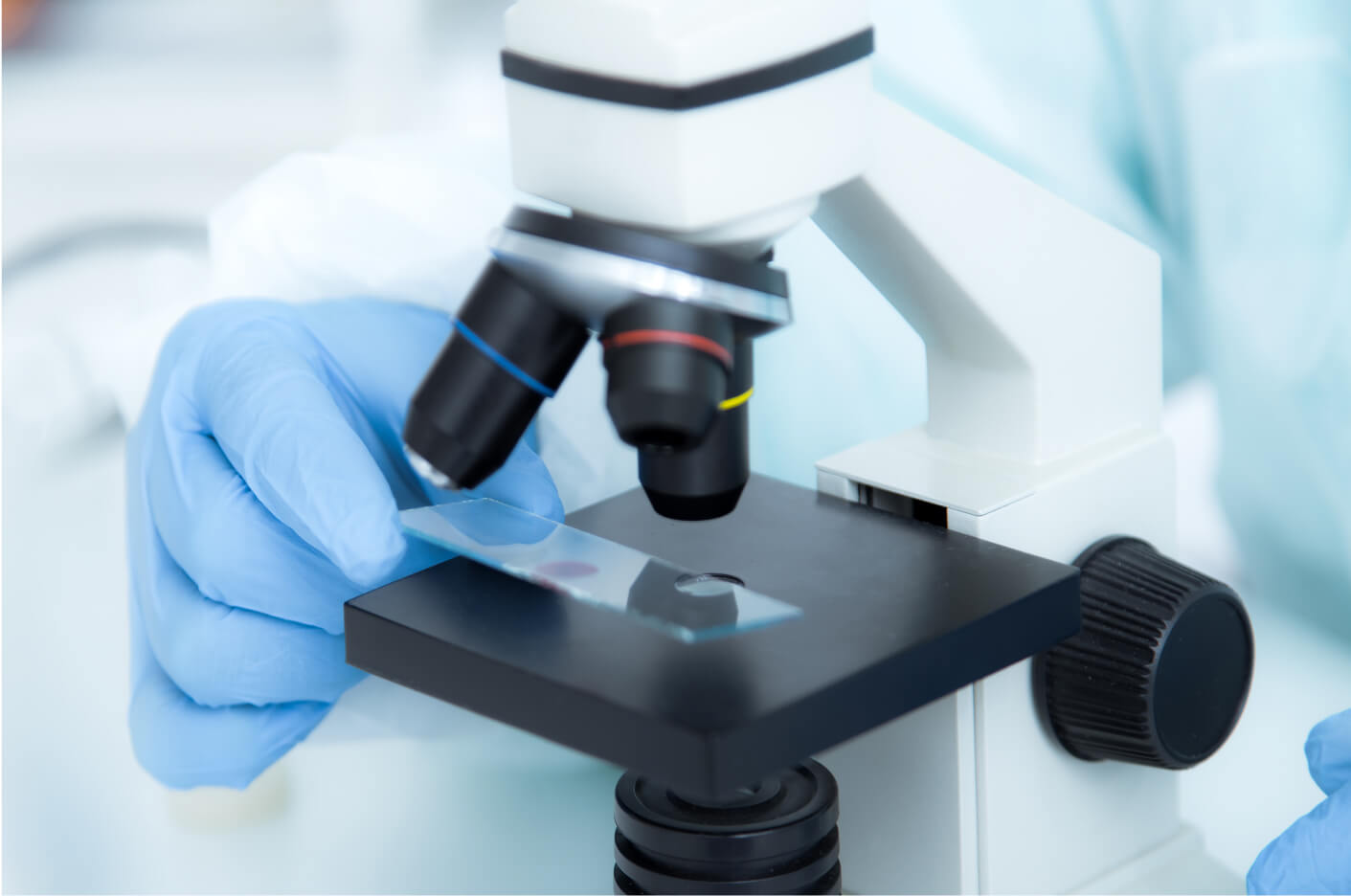AI-Based Image Analysis Software Profiles Cancer Biomarkers in Real Time
Posted on 27 Mar 2023
Lung cancer is the most widespread type of cancer worldwide, resulting in approximately 1.76 million fatalities annually. Non-small cell lung cancer (NSCLC) accounts for 85% of all lung cancer diagnoses and is typically identified at advanced stages. Due to the late detection of the disease, statistics show that 10-20% of NSCLC patients succumb within 1-3 months of diagnosis. Improving patient care and making targeted therapeutic decisions necessitates the identification of gene alterations. However, only 28% of cancer patients currently undergo a comprehensive analysis of all nine actionable cancer biomarkers, and up to 64% of lung cancer patients do not receive the best available treatment, primarily due to inadequate testing for biomarkers to determine the mutation's nature. Furthermore, in numerous instances, such as with NGS, sensitivity is significantly lower than expected, and interpretability is poor due to the requirement for highly trained specialists who understand what they are examining.
An innovative AI-based system from Imagene (Tel Aviv, Israel) can detect cancer biomarkers in real-time, potentially expediting the administration of treatment. Imagene's cutting-edge system utilizes a biopsy image, generating a biomarker report ready for diagnosis within minutes, precisely identifying the specific cancer mutation present in the biopsy. Currently, the time between biopsy and the initiation of treatment, during which cancer nature is evaluated, typically lasts for several weeks, frequently extending beyond a month. As this waiting period is too long for many patients, Imagene's technology has the potential to significantly reduce it, resulting in patients receiving diagnoses and treatment recommendations on the same day.

Detecting cancer mutations in patients and locations of diverse types is achievable with the aid of AI since cancer patterns tend to repeat themselves. Imagene combines self-supervised learning and other AI techniques, utilizing unlabeled data to enhance results, as well as proprietary processing of prepared data to analyze images. Imagene is presently collaborating with 28 diverse biomarkers across eight organs, demonstrating that their technology is standardized and yields accurate results, aiding in clinical decision-making. Currently, the technology is undergoing clinical research and will soon be commercialized while adhering to regulatory requirements. Ultimately, the technology is expected to be tissue-agnostic.
Related Links:
Imagene













